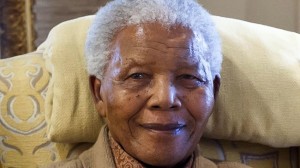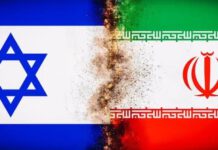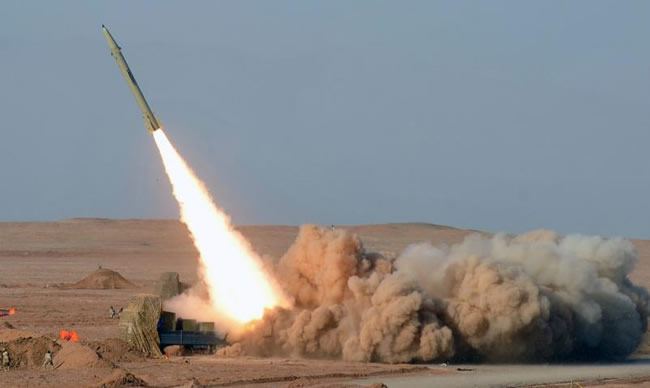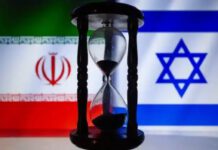Nelson Mandela, South Africa’s first black President will be buried in his ancestral village on December 15, President Zuma has said.
Mandela died peacefully at his Johannesburg home on Thursday after a prolonged lung infection. He was 95.
Mandela, the country’s first black president and anti-apartheid icon, emerged from 27 years in apartheid prisons to help guide South Africa out of bloodshed and turmoil to democracy.
“Our people have lost a father. Although we knew this day was going to come, nothing can diminish our sense of a profound and enduring loss. His tireless struggle for freedom earned him the respect of the world. His humility, passion and humanity, earned him their love,” Zuma added.
“Fellow South Africans, our beloved Nelson Rohlihlahla Mandela, the founding president of our democratic nation, has departed,” President Jacob Zuma said in a nationally televised address.
Mandela would receive a full state funeral, Zuma said, ordering flags to be flown at half mast, and he will be laid to rest at his ancestral village of Qunu in the Eastern Cape on December 15.
A week of national mourning would include an open-air memorial service at Johannesburg’s Soccer City stadium – the site of the 2010 World Cup final – on December 10, Zuma said.
Fellow African country, Nigeria has also declared 3 days of mourning for the departed hero.
Born the son of a tribal chief on July 18, 1918, in the village of Mvezo in Transkei in the Eastern Cape province, he was given the name Rolihlaha Mandela. Rolihlaha roughly translates from Xhosa as “troublemaker.” When Mandela was nine, his father died, and he was sent to live with the chief of the Thembu people.
But Mandela rose from rural obscurity to challenge the might of white minority apartheid government – a struggle that gave the twentieth century one of its most respected and loved figures.
He was among the first to advocate armed resistance to apartheid in 1960, but was quick to preach reconciliation and forgiveness when the country’s white minority began easing its grip on power 30 years later.
Mandela was elected president in landmark all-race elections in 1994 and retired in 1999.
He was awarded the Nobel Peace Prize in 1993, an honour he shared with FW de Klerk, the white Afrikaner leader who released from jail arguably the world’s most famous political prisoner.
“A great light has gone out in the world. Nelson Mandela was a hero of our time,” de Klerk told CNN. “He was a great unifier and a very, very special man in this regard beyond everything else he did. This emphasis on reconciliation was his biggest legacy.”
As president, Mandela faced the monumental task of forging a new nation from the deep racial injustices left over from the apartheid era, making reconciliation the theme of his time in office.
The hallmark of Mandela’s mission was the Truth and Reconciliation Commission which probed apartheid crimes on both sides of the struggle and tried to heal the country’s wounds.
It also provided a model for other countries torn by civil strife.
In 1999, Mandela handed over power to younger leaders better equipped to manage a modern economy – a rare voluntary departure from power cited as an example to African leaders who find it difficult leave office and become veteran presidents.
In retirement, he shifted his energies to battling South Africa’s AIDS crisis and the struggle became personal when he lost his only surviving son to the disease in 2005.
Mandela’s last major appearance on the global stage came in 2010 when he attended the championship match of the soccer World Cup, where he received a thunderous ovation from the 90,000 at the stadium in Soweto, the neighbourhood in which he cut his teeth as a resistance leader.
Charged with capital offences in the infamous 1963 Rivonia Trial, his statement from the dock was his political testimony.
“During my lifetime I have dedicated myself to this struggle of the African people. I have fought against white domination, and I have fought against black domination.”
In his autobiography, Long Walk to Freedom, Mandela wrote, “I have no epiphany, no singular destiny, no moment of truth, but a steady accumulation of a thousand slights, a thousand unremembered moments, produced in me an anger, a rebelliousness, a desire to fight the system that imprisoned my people.”
Mandela is survived by three daughters, 18 grandchildren, nine great-grandchildren and three step-grandchildren. He had four step-children through his marriage to Machel.
His death has left his family divided over his wealth. Some of his children and grandchildren are locked in a legal feud with his close friends.






U are indeed an icon, rest in the bossom of the lord my mentor.
A great leader has left the sight of his people. I know of sure, Nelson Mandela has gone to rest and not dead. May his humble soul rest in perfect peace.